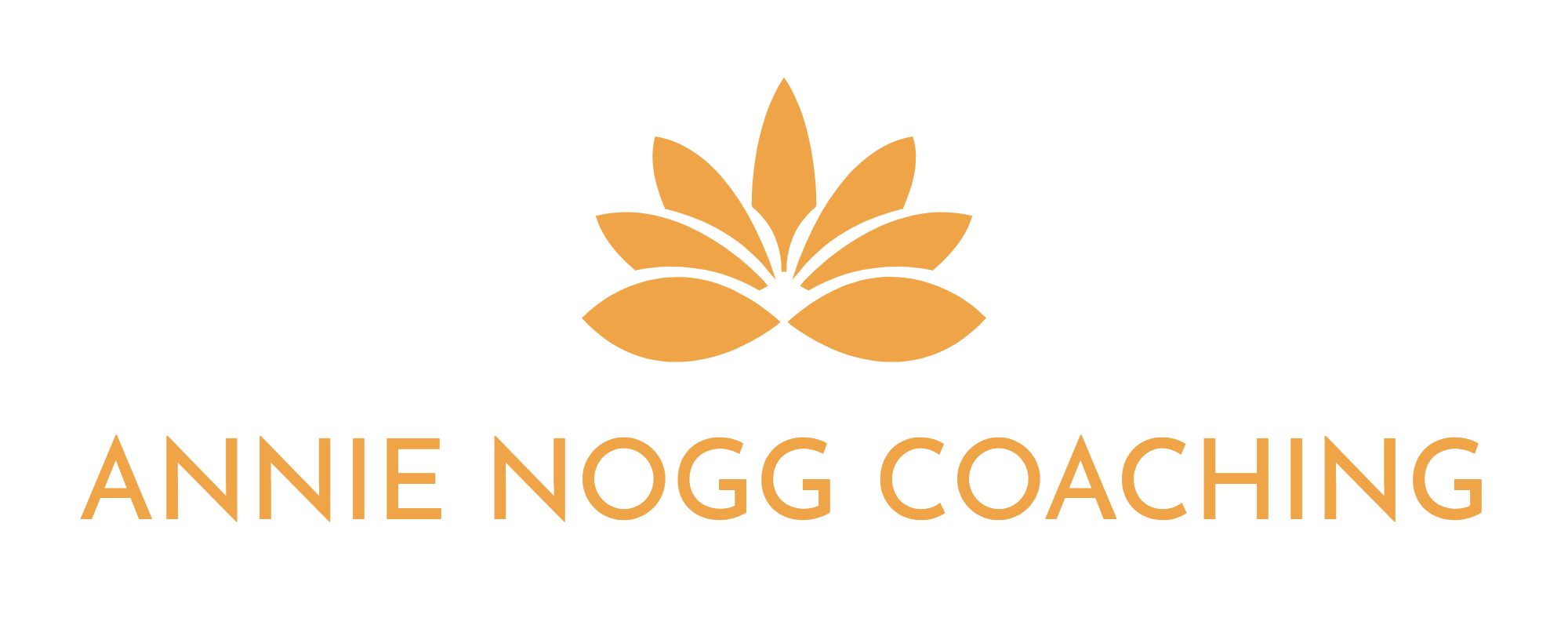How Do Coaching And Therapy Differ?
Lately I’ve gotten a lot of questions from potential clients about how coaching and therapy differ. Both are increasing in popularity and folks in the market to “talk it out” with someone want to choose wisely. While some people access both services simultaneously, it’s not in the budget for many to do so.
After discussing the question of the similarities and differences with respected colleagues who are coaches and therapists, I've come to realize that the answer is not simple. It's blurry for a variety of reasons- one being that there are so many types of coaching and therapy. That said- I’d like to share my take with you. I see coaching and therapy as a Venn diagram. Coaching is in one circle, therapy is in another, and the circles overlap.
In what ways do they overlap?
Both provide a safe space to process emotions and “try on” new perspectives. The unbiased professional offers tools and support as the recipient works through blockages. They are both fabulous resources to increase self-awareness and improve key relationships.
Now, how are they different? I see coaching and therapy as differing in three major ways:
a) The trajectory: Coaches help clients look at where they are now and where they want to go. There’s a forward-moving trajectory. Therapists on the other hand, support clients to look deep into their pasts to identify and make peace with what has happened up to this point so they can move forward unencumbered.
b) The issues that get addressed: Clients tend to go to a coach when they’re in a big life transition and want support from an outside person. The transition could be related to job/career, romantic/familial relationships, and/or a potential geographic move. In the sessions, a coach would provide tools and techniques for the client to find their own truths. This is done very creatively through dreaming big, processing emotions, choosing perspectives, and becoming even more self-aware. Clients tend to hire therapists if something is holding them back in a major way. It could be the need to work through a deep depression, an eating disorder, or a childhood trauma. Therapists are well equipped to diagnose the issue at hand and support clients to get through these weighted issues.
c) The venue: Where the work happens differs too. Coaching is most often done via phone or Skype. While I was skeptical of working via phone at first, I’ve come to realize it’s very freeing for clients. They can take the call from a conference room at work, hire a coach who lives in a different part of the world based on fit and have the freedom to not be watched while they process and do the exercises in the privacy of their own room. Therapy is most often done in person.
Hopefully this shed some light on the similarities and differences of coaching and therapy. I encourage you to solicit other opinions as well, especially if you’re considering utilizing one of these valuable resources in the near future! As you decide whether or not you're ready to do this work- or if you know your answer is yes and aren’t sure which route to take- I’d love to be a resource to you. You know where to find me!
